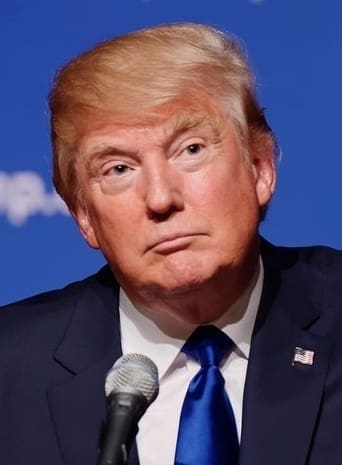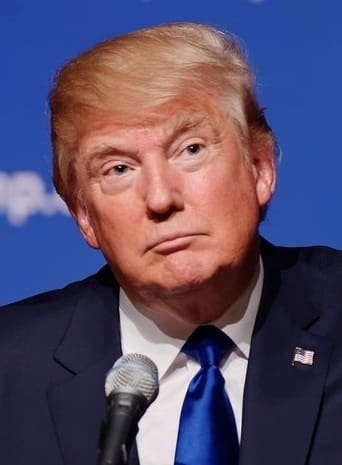
No Promises: Donald Trump Refuses to Rule Out a Third-Party Bid if Not Elected
Photo courtesy of Michael Vadon. Used under the Creative Commons Attribution-Share Alike 3.0 Unported License
Christian Segers, Opinion Editor
In an interview with Fox News Sunday, Republican frontrunner Donald Trump, refused to stand by his November pledge in which he vowed to back whichever GOP candidate won the party nomination in 2016.
When pressed on whether he will run third-party if the GOP does not nominate him at the Cleveland convention held later this year, Trump said, “I’m going to have to see how I was treated. It’s very simple.”
Pedro Mateo, a student at North Greenville University and volunteer for Ted Cruz’s campaign, was asked to lend his thoughts as to Trump’s failure to rule out a third-party candidacy.
Mateo said, “The very fact that Trump has threatened to run third party, not once but many times, reveals more about himself than the past 10 months of campaigning. We often read about ‘The Real Donald Trump,’ but why are we still fretting about a candidate, whose word we can’t trust? Understand the facts. All candidates signed a pledge to support the eventual GOP nominee. This was brought up at the first GOP debate and Donald was the only candidate to think twice.”
Although select party officials believe that Trump is simply furthering the case for a presidency under his banner, others believe that the billionaire will walk away from his signed declaration to support the party. Although considered an extreme outcome, the possibility remains on the table.
Trump’s entire campaign philosophy centers on his ability to win. However, in order to win, Trump must first acquire the vote of 1,237 GOP delegates. These delegates are representative of individual state primaries and caucuses, in which delegates are awarded to winning candidates per convention rules.
Consequently, if neither of the three remaining candidates accrue the amount of delegates required to be immediately nominated by the Republican party, then the vote will “go to” the Cleveland Republican convention, where the previously mentioned delegates can vote their personal opinions, effectively voiding all statewide voting done in 2016.
Typically, taking a vote to a brokered convention is considered a last resort due to the vast dissent it can cause inside party lines. However, with Trump and Cruz vowing to fight each other to the bitter end, the possibility of a conventional vote appears all the more likely. Despite the outcome of the GOP voting process, many believe Trump would do well to adhere to the documents he signed in November.
Republican National Convention (RNC) leader, Reince Priebus, voiced his disapproval of Trump’s indecisiveness on his party commitment in a recent interview with ABC.
Priebus said, “Those kinds of comments, I think, have consequences. And so when you make those kinds of comments and you want people to fall in line for you, it makes it more difficult.”
The “consequences” Priebus made reference to, likely means the lack of support Trump will receive from GOP leaders if he continues to threaten his way to the nomination. If Trump were to alienate himself from the GOP, he would lose the valuable assets needed to secure the general election in November.
The Los Angeles Times reports that, “At stake for a potential nominee is a valuable database of contacts and party machinery to get out Republican voters in the general election.”
Additionally, if Trump were to forego his previous decision to support a different GOP candidate and run as a ballot write-in, he would effectively cripple a Republican party that desperately wants to win the election.
With Trump continuing to lead both Cruz and Kasich in nationwide polls, it is imperative that the GOP either hand him the nomination in Cleveland or coax him into not running third-party come November.

